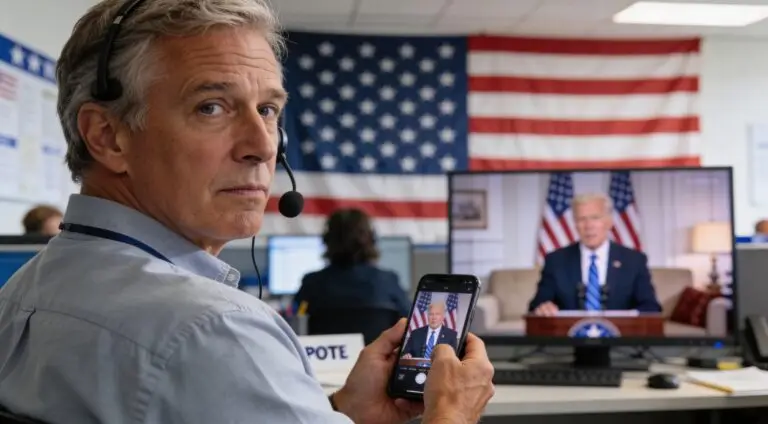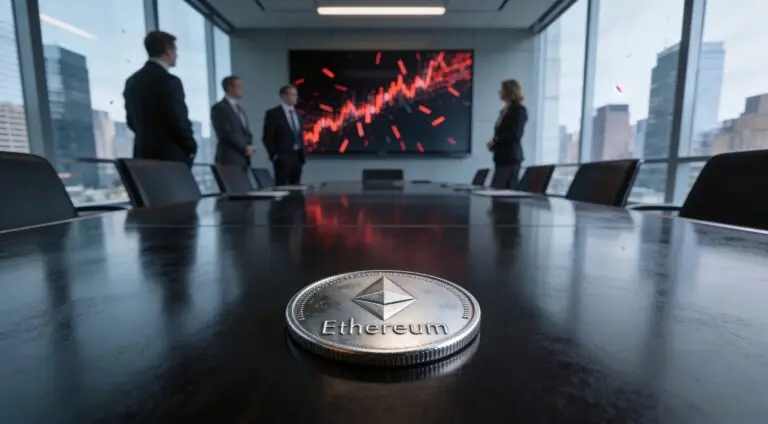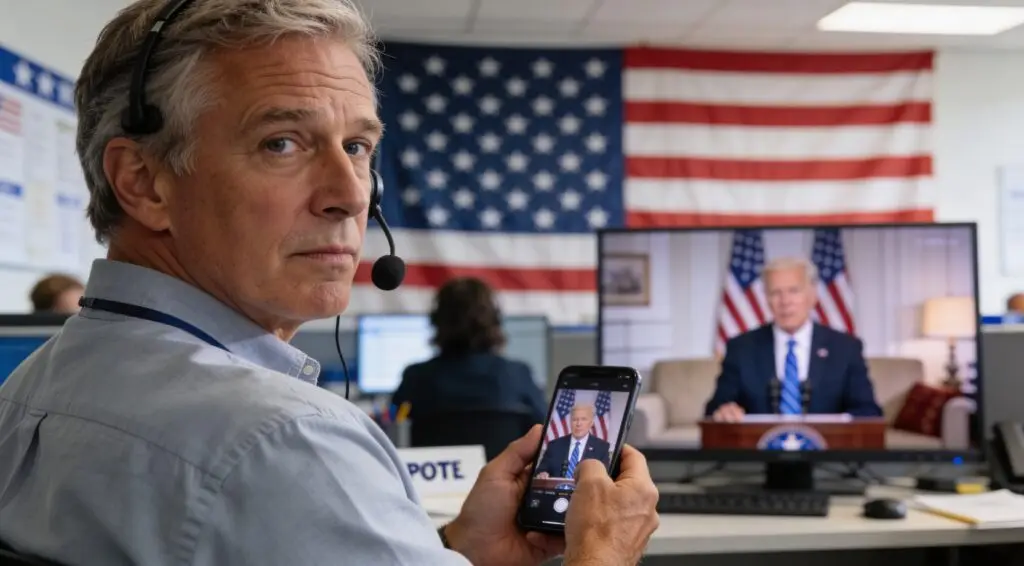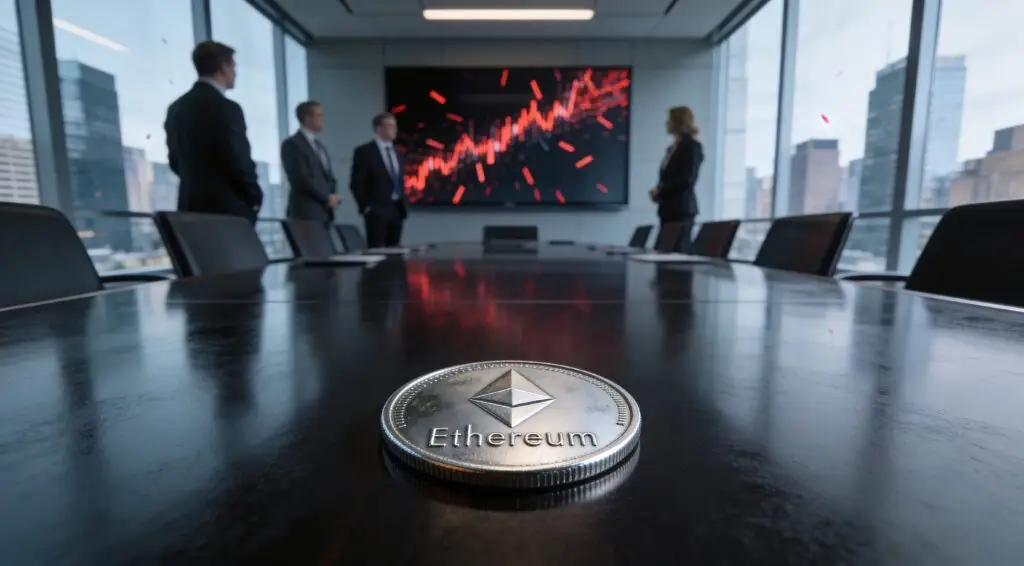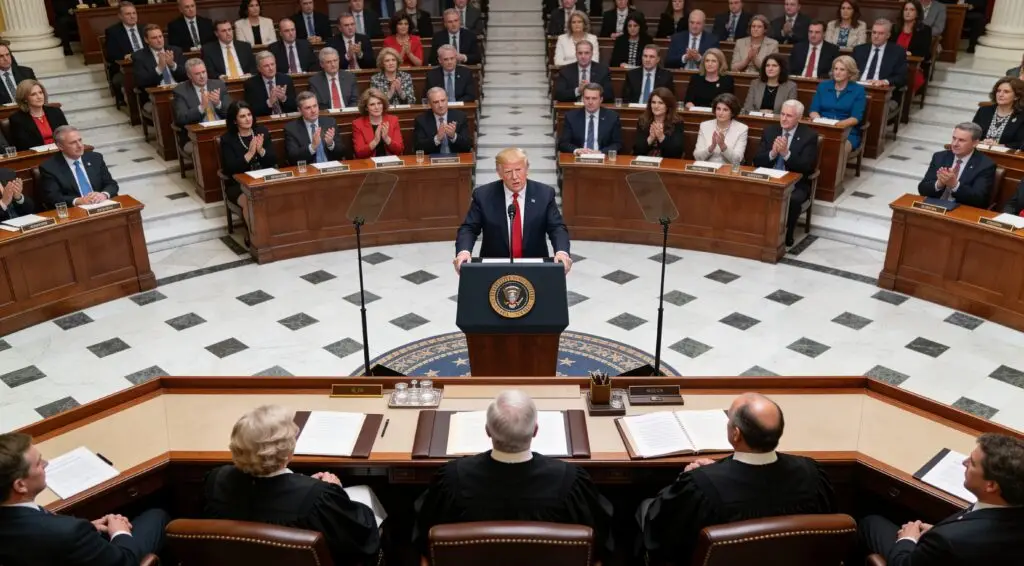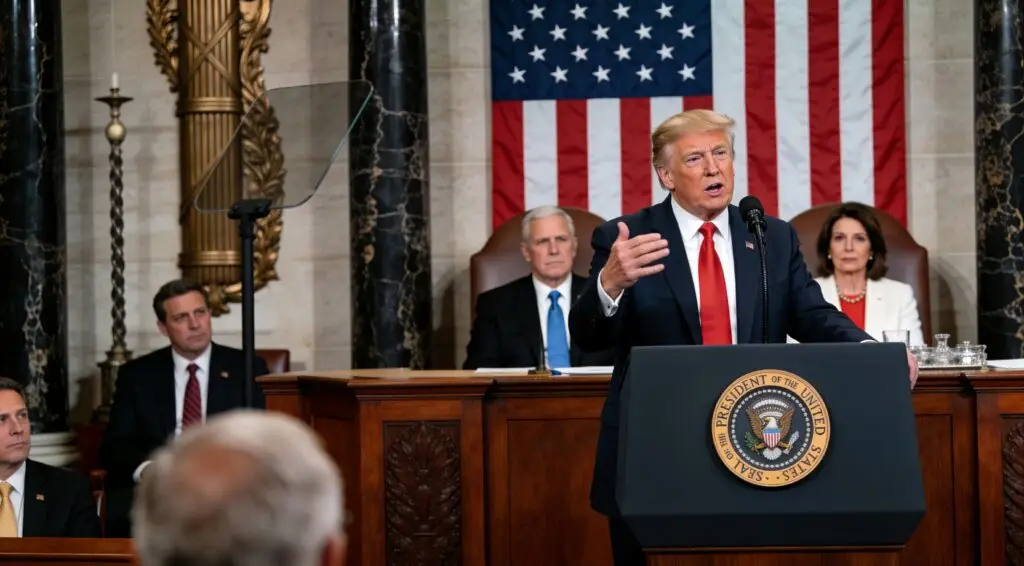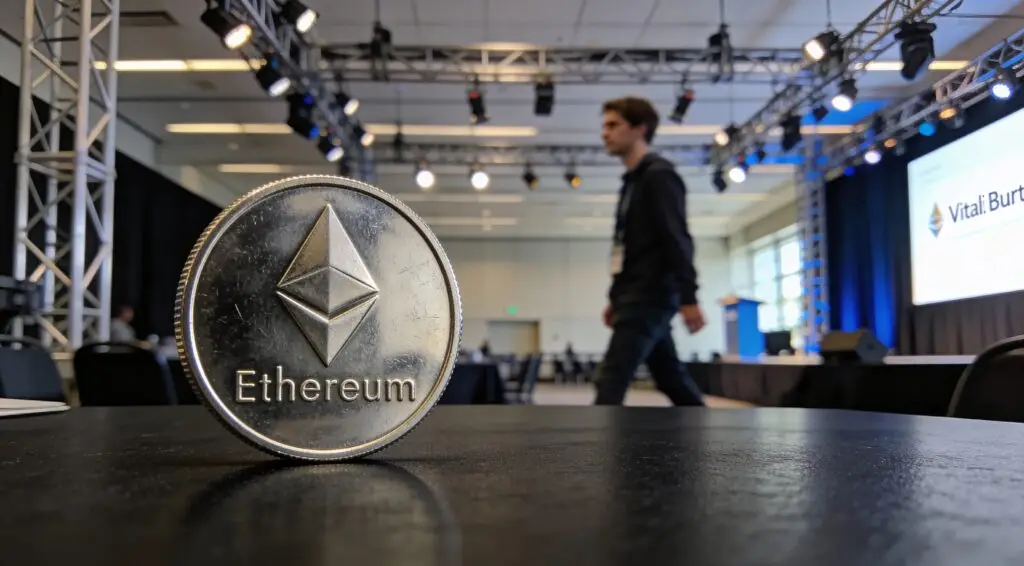A recent hearing by the US Senate Banking Committee’s subcommittee on digital assets, intended to discuss a bipartisan legislative framework for crypto market structure, saw notably low attendance. Only five out of the 11 typical members of the subcommittee were present to question former regulators and industry experts. This limited participation, noted by subcommittee chair Cynthia Lummis, raises questions about the level of bipartisan engagement and the challenges ahead for significant crypto legislation.
Scant Attendance at Key Hearing
A crucial hearing convened by the US Senate Banking Committee’s subcommittee on digital assets witnessed a significant number of absences. Only five out of the usual 11 senators on the subcommittee were available to engage with experts on a potential crypto market structure bill. Subcommittee Chair Cynthia Lummis attributed the low turnout to “a lot of competing committees” on the day’s schedule.
Expert Panel Addresses Framework
Despite the low attendance, the hearing featured a panel of former regulators and industry experts. Republican Senators Dave McCormick, Bill Hagerty, and Bernie Moreno joined Senator Lummis and Democratic Senator Angela Alsobrooks in questioning the panel. The experts included former CFTC Chair Rostin Behnam, Coinbase’s VP of Legal Ryan VanGrack, Multicoin Capital’s General Counsel Greg Xethalis, and University of Pennsylvania’s Sarah Hammer.
Bipartisan Concerns Over Participation
Lawmakers present questioned the principles behind the Senate’s potential crypto market structure legislation, following the successful passage of the stablecoin bill (GENIUS Act). Senator Lummis openly acknowledged the lack of participation, expressing a desire to avoid creating legislation that the “other side of the aisle feels they haven’t had adequate input in.” She pondered whether the absence was linked to concerns over potential advantages for individuals with family members in the administration involved in digital assets.
The Role of Conflicts of Interest
The issue of potential conflicts of interest, though not directly naming President Donald Trump, surfaced during the hearing. Senator Moreno questioned why the proposed legislation appeared to be a partisan issue for many lawmakers. While many Democrats supported the GENIUS Act, some have indicated continued opposition to broader legislation without specific carve-outs addressing the president’s ties to the crypto industry.
Navigating House and Senate Approaches
The proposed market structure legislation in the Senate runs parallel to efforts in the House of Representatives to pass its own bill, the Digital Asset Market Clarity, or CLARITY Act. The House version has already moved out of committee and is anticipated for a floor vote soon. This dual legislative track highlights the complex path for establishing a unified crypto regulatory framework in the United States.
Challenges for Comprehensive Crypto Legislation
The limited attendance at such a pivotal hearing underscores the ongoing challenges facing comprehensive crypto legislation in Congress. Achieving broad bipartisan consensus on complex digital asset market structures remains an uphill battle. The differing perspectives and priorities between the two chambers, alongside ethical considerations, continue to complicate efforts to provide much-needed clarity for the rapidly evolving cryptocurrency industry.



